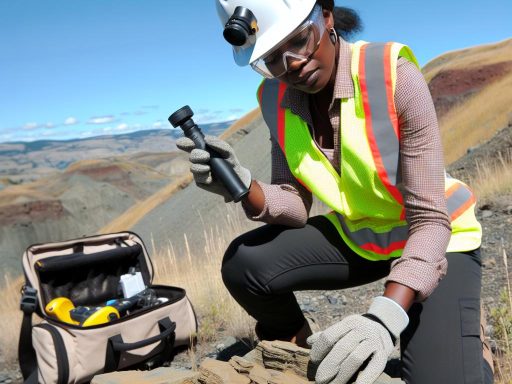Science and Research
Pioneering a Career in Science and Research in Canada
Canada’s science and research sector is a vibrant arena for discovery, innovation, and solving complex global challenges.
With a focus on healthcare, environmental science, technology, and beyond, this field offers diverse pathways for aspiring scientists and researchers.
Here’s how to embark on a fulfilling career in science and research within Canada, leveraging education, hands-on experience, and a network of professionals.
Charting Your Course
Selecting Your Discipline
- Identify interests: Pinpoint the areas of science that fascinate you, whether it’s biotechnology, environmental science, or physics.
- Research demand: Consider fields with high demand for research professionals to secure future opportunities.
Acquiring the Right Qualifications
- Pursue relevant degrees: Obtain a bachelor’s, followed by a master’s or Ph.D., in your chosen scientific discipline.
- Specialize: Advanced degrees allow for specialization in niche areas, enhancing your expertise and employability.
Gaining Valuable Experience
Engaging in Research Projects
- Participate in university research: Seek opportunities to assist in research projects during your studies.
- Intern with research institutions: Internships provide practical experience and insights into professional research environments.
Developing a Professional Network
- Attend scientific conferences: Present your research, attend workshops, and connect with fellow scientists and professionals.
- Join professional associations: Become a member of relevant scientific societies to access resources, job boards, and networking events.
Enhancing Your Skillset
Building Technical Skills
- Master research methodologies: Gain proficiency in experimental design, data analysis, and statistical software.
- Stay technologically adept: Learn to use the latest laboratory equipment and software relevant to your field.
Cultivating Soft Skills
- Develop communication skills: Learn to articulate your research findings clearly to both scientific and lay audiences.
- Foster teamwork and leadership: Collaborative projects and leadership roles in research settings sharpen these critical skills.
Navigating the Job Market
Crafting an Impressive Resume
- Highlight your research: Detail your research experience, publications, and presentations.
- Showcase skills and achievements: Emphasize technical skills, awards, and any patented discoveries.
Preparing for Interviews
- Articulate your research: Be prepared to discuss your research process, findings, and the significance of your work.
- Demonstrate problem-solving abilities: Share examples of how you’ve overcome challenges in your research.
Building a Sustainable Career
Pursuing Postdoctoral Opportunities
- Consider postdoc positions: These roles offer further specialization and can open doors to academic and research institutions.
- Seek funding and grants: Secure funding for your research through grants and fellowships to build your portfolio.
Contributing to Scientific Communities
- Publish regularly: Share your findings in reputable scientific journals.
- Engage in peer review: Participate in the peer review process to contribute to the integrity of scientific research.
Conclusion
Embarking on a career in science and research in Canada means committing to a path of continuous learning, discovery, and innovation.
By acquiring the right qualifications, gaining hands-on experience, and building a robust professional network, you can contribute significantly to the advancement of science and make a lasting impact on the world.









